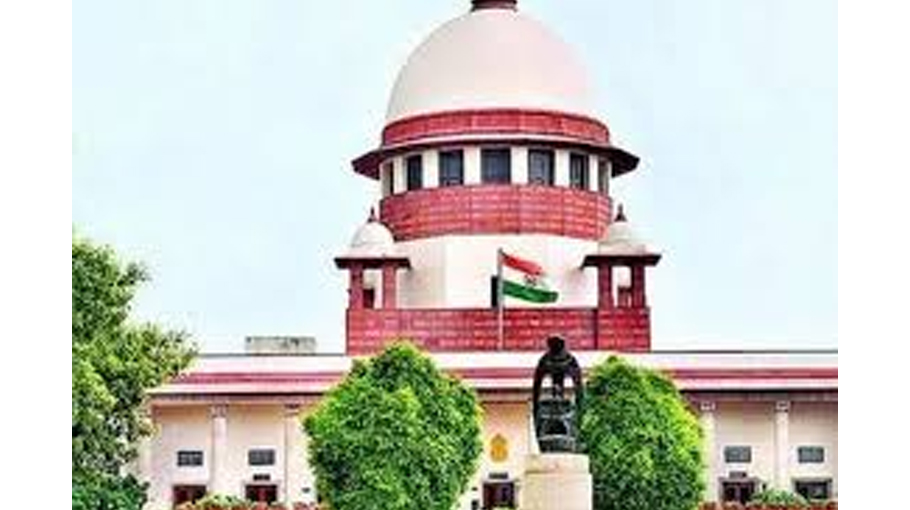Immigrants entering Assam before 1971 eligible for citizenship

In a landmark ruling on Thursday, the Supreme Court of India upheld the constitutional validity of Section 6A of the 1955 Citizenship Act, which grants Indian citizenship to certain illegal immigrants in Assam, primarily from Bangladesh.
The provision was introduced as part of the 1985 Assam Accord, an agreement signed by the then Prime Minister Rajiv Gandhi and Assam leaders to address the issue of illegal immigration in the state, reports our New Delhi correspondent.
Under Section 6A, those who entered Assam before January 1 in 1966 and have been "ordinarily resident" are granted full citizenship rights. Immigrants who arrived between January 1 in 1966 and March 25, 1971 enjoy the same rights but with a ten-year restriction on voting.
The petitioners, representing certain indigenous groups of Assam, challenged the provision, arguing that Assam alone was unfairly singled out compared to other border states. They claimed the clause contributed to an increase in infiltration.
A five-judge Constitution bench, headed by Chief Justice D Y Chandrachud, delivered a majority verdict upholding Section 6A. The court held that Parliament had the legislative authority to enact the provision and that the Assam Accord was a political and legislative solution to the problem of illegal immigration.
Justices Chandrachud, Surya Kant, M M Sundresh, and Manoj Misra supported the ruling, while Justice J B Pardiwala dissented, calling Section 6A unconstitutional.
The majority verdict held that the singling out of Assam from other states that share border with Bangladesh was rational as the percentage of immigrants among the local population in Assam was higher there than in other border states.
The impact of 40 lakh migrants in Assam is greater than the 57 lakh migrants in West Bengal because of the land area in Assam is much less compared to West Bengal, the majority of the judges observed.
The majority ruling also held that the cut-off date of March 25, 1971 for those who entered Assam was rational. The objective of clause 6A must be seen in the backdrop of the Bangladesh liberation war. The majority was of the view that Section 6A was "neither over-inclusive nor under-inclusive."




